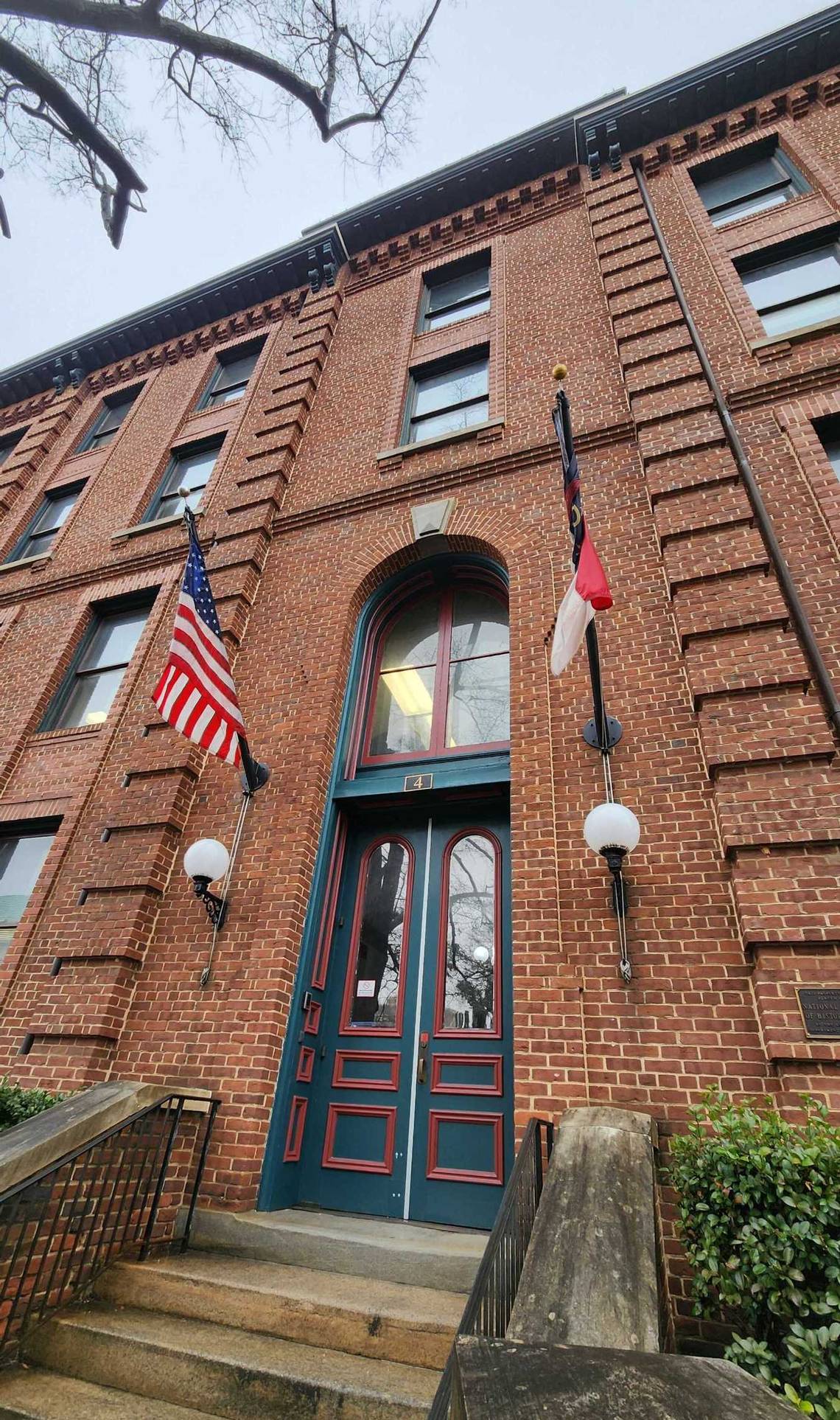
For Gaston County resident Diane Monico, a federal funding cut took away her grocery money.
My budget's going to be tight," she said. "If I have food, I have food. If I don't, I don't.
Monico is one of 1,054 people in North Carolina employed by the Senior Community Services Employment Program—a federal initiative placing disadvantaged adults aged 55 and older into part-time community service assignments.
Nearly 50,000 workers employed through the SCSEP program across the country were furloughed Tuesday. Funding is delayed until the U.S. Department of Labor releases grant documents for the program year, which was set to begin July 1. And it's not just North Carolina. The Indiana Department of Workforce Development sent a similar message to its seniors, stating that SCSEP participants cannot receive unemployment benefits and that job seekers cannot report to their training site to even volunteer. Ball State Daily News reported.
"NCDHHS is in regular communication with our federal partners and hopeful we will receive the funds for this critical program that serves one of North Carolina's most vulnerable populations," the North Carolina Department of Health and Human Services said in an emailed statement to The Charlotte Observer.
NC seniors unemployment
Seniors generally have a lower unemployment rate than younger people—1.6% in North Carolina compared to 3.5% nationally—because many are retired or have more experience with their employer and thus are less likely to be laid off.
But these "headline numbers" don't account for the small population of seniors who are currently having trouble finding a job, said Andrew Berger-Gross, an economist for the North Carolina Department of Labor.
"There are a lot of older people that are in very happy and successful careers. There are a lot of older people who are very happily retired," he said. "But there's also a group that are out there looking for work, and we can't forget about those folks."
To participate in SCSEP, a senior must be unemployed and have a family income not exceeding 125% of the federal poverty level.
Gaston Hope in Christ Ministries
Through the program, Monico worked for Gaston Hope in Christ Ministries, which just finished its 25th year providing free after-school tutoring for elementary school students. The nonprofit is currently in the swing of its summer program, offering leadership and service project opportunities for 2nd to 11th graders.
The ministry first registered with the program in 2016 and currently employs three SCSEP seniors. Monico's husband works as a janitor, while she and her coworker both work as assistants to the after-school and summer programs.
Through SCSEP, employees also received workshops and training as " a bridge to unsubsidized employment opportunities. Last year, Monico and her coworker took computer classes.
"We're having to scramble to figure out how we're going to cover them, and what we're going to do to our schedule and the things we will and will not be able to do without these wonderful folks," ministry director Joe Bell said.
He said it will cost $3,000 out-of-pocket to fund the three SCSEP positions through the rest of the summer, which would be a "huge hit" for the ministry.
"It's really hitting home for us," Bell said. "We had our meeting this morning, and I don't know if we'll have another meeting."
The email from an SCSEP provider emphasized that the SCSEP furlough is "a temporary pause in program services."
But the program is part of The Older Americans Act, a federal law enacted in 1965 to assist senior Americans in living independently. The Trump administration's proposed 2026 budget for the U.S. Department of Health and Human Services would also significantly cut other senior assistance programs. according to the National Council on Aging .
"Congress is trying to just, I don't know, do away with the seniors. They're cutting everything up with seniors," Monico said. "My thing is - the seniors are the ones suffering."







0 komentar:
Posting Komentar